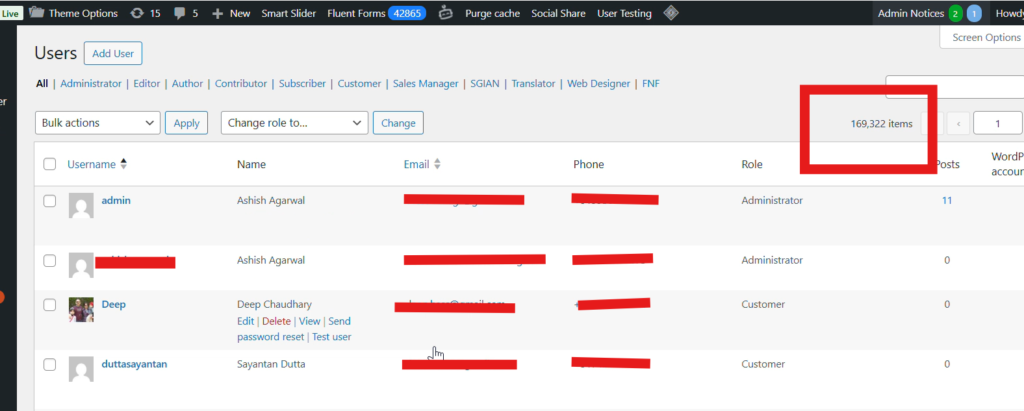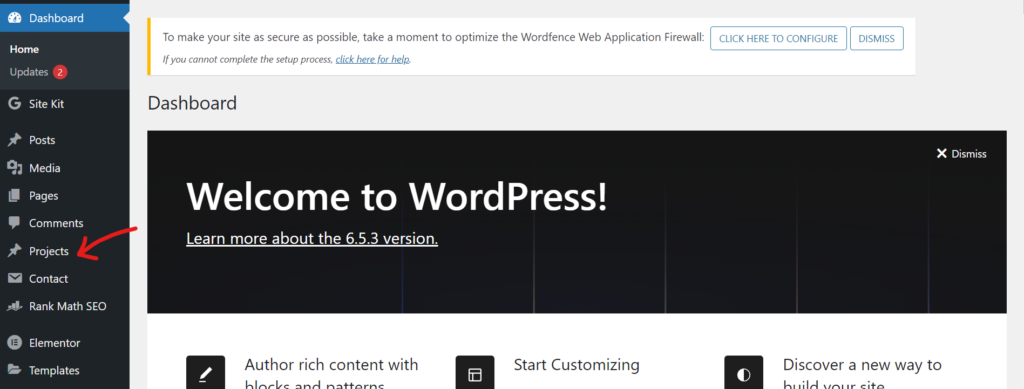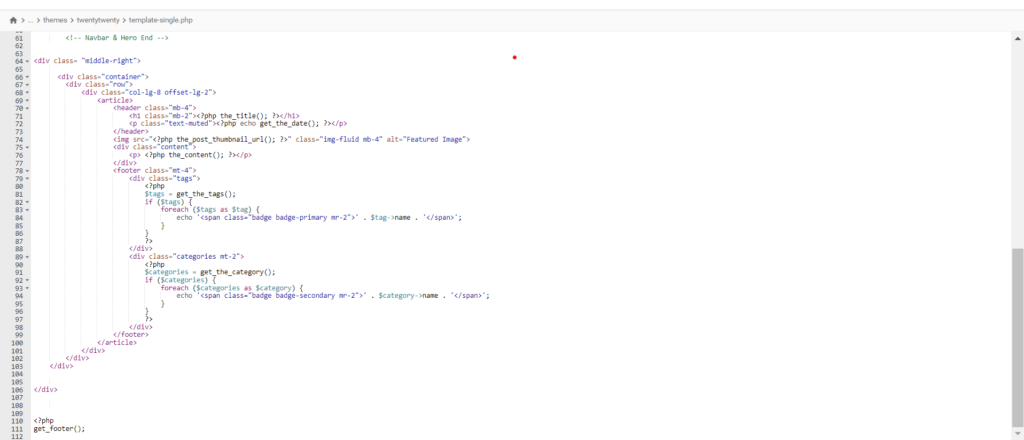Introduction
Spam users can slow down your WordPress site, increase security risks, and clutter your database. Whether they’re fake registrations, bot accounts, or malicious actors, removing them is crucial for maintaining a clean and secure website.
In this guide, we’ll cover how to identify and remove spam users from WordPress using manual methods, plugins, and security best practices to prevent future spam.

Why You Should Remove Spam Users from WordPress
Before jumping into the solutions, let’s understand why spam users are harmful:
Security risks – Spam accounts may exploit vulnerabilities.
Database bloat – Unnecessary users slow down your site.
Fake engagement – Spammy comments & registrations hurt credibility.
SEO impact – Spam can lead to poor user experience and blacklisting.
How to Remove Spam Users from WordPress (3 Methods)
Method 1: Manually Delete Spam Users
Go to WordPress Dashboard → Users → All Users.
Filter users by role (e.g., “Subscriber”) to find suspicious accounts.
Check for spam indicators (e.g., fake emails, gibberish names).
Bulk select spam users and choose Delete from the dropdown.
Confirm deletion (optionally delete their content).
🔹 Pro Tip: Backup your site before mass deletions.
Method 2: Use a Plugin to Remove Spam Users
Manually deleting users is time-consuming. Instead, use these plugins:
1. WPForms (with Anti-Spam Features)
Blocks fake signups with CAPTCHA & honeypot.
Integrates with Akismet to filter spam registrations.
2. CleanTalk Anti-Spam
Automatically blocks spam registrations.
No CAPTCHA needed, improving user experience.
3. User Spam Remover
Scans and deletes suspicious users in bulk.
Works well for large membership sites.
Method 3: Prevent Future Spam Registrations
Instead of just removing spam, stop it at the source:
✅ Enable CAPTCHA (reCAPTCHA, hCAPTCHA) in registration forms.
✅ Use Email Verification – Require users to confirm emails.
✅ Limit User Roles – Restrict who can register (e.g., disable subscriber signups if not needed).
✅ Enable Akismet – WordPress’s built-in spam filter.
✅ Use a Security Plugin – Wordfence or Sucuri can block malicious signups.
Method 4: Bulk Delete Spam Users via phpMyAdmin (SQL Query Method)
If you have thousands (or lakhs) of spam users—like my 1.70 lakh cleanup—the fastest way is using phpMyAdmin + SQL queries. This method bypasses WordPress’s slow interface and deletes users directly from the database.

✅ Step 1: Backup Your Database
⚠️ Warning: Running SQL queries can break your site if done wrong. Always backup first!
Use UpdraftPlus or export via phpMyAdmin → Export.
✅ Step 2: Open phpMyAdmin
Go to cPanel → phpMyAdmin (or your host’s database manager).
Select your WordPress database (usually starts with
wp_).
✅ Step 3: Identify Spam Users
Run a test query to see how many spam users
SELECT * FROM `wp_users` WHERE `user_email` LIKE '%spam%' OR `user_login` LIKE '%bot%';
(Adjust %spam% or %bot% based on spam patterns.)
✅ Step 4: Delete Spam Users in Bulk
To safely delete users + their metadata, run:
DELETE u, um FROM `wp_users` u LEFT JOIN `wp_usermeta` um ON u.ID = um.user_id WHERE u.user_email LIKE '%fake%' OR u.user_registered < '2024-01-01';
(Replace %fake% with spam patterns or set a date cutoff.)
✅ Step 5: Clean Up Orphaned Usermeta
After mass deletion, remove leftover metadata:
DELETE FROM `wp_usermeta` WHERE `user_id` NOT IN (SELECT `ID` FROM `wp_users`);
Go to Users → All Users and look for:
Fake email addresses (e.g.,
abc@mailinator.com)Gibberish usernames
Recently registered accounts with no activity
Yes! They can:
Post malicious links
Exploit security flaws
Slow down your database
CleanTalk and WPForms + Akismet are highly effective.

